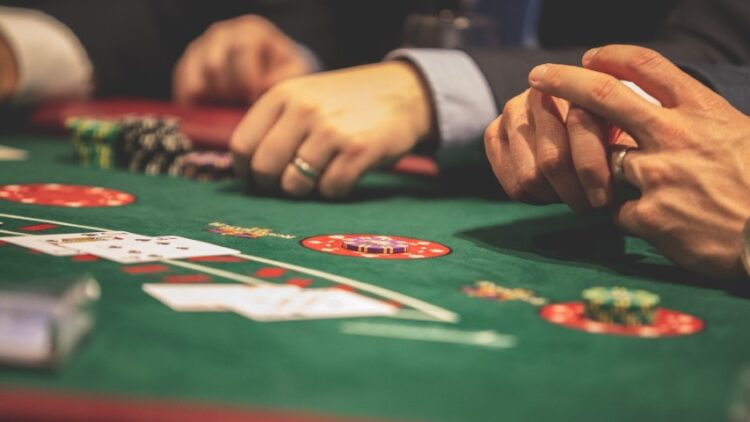Differences from Other Casino Games
When it comes to casino entertainment, the blackjack game stands out as the one that requires more than just luck. Unlike other iconic casino floor games such as roulette, slots, or baccarat, where luck is the dominant or even the only factor determining outcomes, blackjack brings a unique blend of strategy and skill to the table.
Previous Rounds Matter
Contrary to the isolated outcomes of roulette wheel or slot reel spins, the history of previous rounds can significantly impact what happens next in a game of blackjack.
For instance, if numerous face cards have already been dealt from the deck, the probability of additional face cards appearing decreases. This dynamic contrasts sharply with roulette, where each spin’s outcome remains unaffected by past results,
Strategic Choices Determine Victory
Blackjack’s gameplay involves critical decision-making that directly influences your chances of winning where understanding and employing options like “hit,” “stand,” “double down,” and “split” is pivotal.
A player’s unfamiliarity with these choices diminishes their likelihood of success. In contrast, roulette players don’t need to grasp complex strategies; their primary concern is placing bets with varying payouts.
Card Awareness is Crucial
In blackjack, players must not only consider their own hand but also the dealer’s visible card because this information guides strategic choices and risk assessment.
Deciding whether to hit or stand is directly linked to this evaluation. Meanwhile, roulette players don’t have the need to analyse dealers’ hands or consider prior outcomes; the outcomes of their bets are fully independent of these factors.
The Role of Skill
While luck plays a role in blackjack as well, skill and strategy can significantly tilt the odds in your favour. Knowing when to hit, stand, double down, or split is a learned skill that seasoned players develop over time.
This skill element introduces a layer of complexity and engagement that isn’t present in games like roulette, where outcomes are entirely based on chance.
The Psychology of Decision-Making
Blackjack’s strategic nature introduces a psychological aspect to the game. Players must make choices under pressure, weighing the potential outcomes and considering the dealer’s hand.
This cognitive engagement creates an interactive and dynamic experience that contrasts with the passive nature of roulette.
The Luck Aspect of Blackjack
While blackjack indeed demands certain levels of skill and strategy, luck remains an integral part of the game.
The initial cards dealt, the sequence of cards from the shoe, and even the dealer’s decisions can sway the outcome. Luck often determines the quality of the starting hand, and sometimes, even the most skilled player can face unfavourable scenarios due to factors beyond their control.
Still, blackjack’s skill element allows players to manage and mitigate the impact of luck, especially in the longer run. Making the right choices based on the hand’s composition and the dealer’s visible card can turn the tide in your favour.
This balance between skill and luck makes blackjack both exciting and challenging, appealing to a wide range of players.























